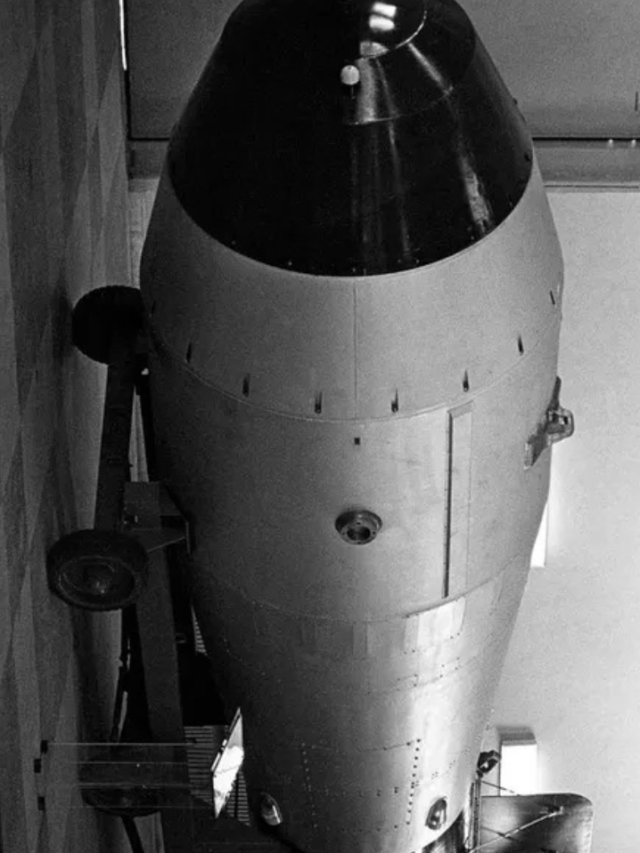Time Travel is Possible? What is Time Travel?

Time Travel is Possible? Time travel is the concept of traveling through time in the same manner as we travel through space, either leaping into the future or entering the past. We have long been captivated by this idea, which has appeared in innumerable literature, films, and scientific hypotheses. Time isn’t as fixed as it looks, as demonstrated by physicists like Einstein.
In fact, time slows down as one approaches the speed of light. Although time dilation has allowed scientists to demonstrate some minor effects of “time travel,” it is still impossible to go far into the past or future. Nevertheless, the hope endures, inspiring us to envision what science and technology might do in the future.Time travel is the concept of traveling through time in the same manner as we travel through space, either leaping into the future or entering the past. We have long been captivated by this idea, which has appeared in innumerable literature, films, and scientific hypotheses. Time isn’t as fixed as it looks, as demonstrated by physicists like Einstein.
In fact, time slows down as one approaches the speed of light. Although time dilation has allowed scientists to demonstrate some minor effects of “time travel,” it is still impossible to go far into the past or future. Nevertheless, the hope endures, inspiring us to envision what science and technology might do in the future.Here’s what current science tells us:
READ MORE: Greatest Discovery In The History of Humans
- Time Travel is Possible? Albert Einstein’s Theory of General Relativity postulates that space and time are intertwined, creating a “space-time” fabric. According to this theory, space-time is warped by big objects like planets and stars, and time flows more slowly the closer one is to a great mass (a process known as gravitational time dilation). Since the clocks in high-altitude satellites tick a little quicker than those on the ground, this effect has been demonstrated on Earth. Minor “time travel” ahead is made possible via this, though not in the dramatic sense found in science fiction.
- Time Dilation and High-Speed Travel: Special Relativity states that when an item gets closer to the speed of light, time slows down for them in comparison to an observer outside of them. According to this phenomenon, which is called time dilation, an astronaut “traveling” into the future at near-light speed may age more slowly than individuals on Earth. But we are far from being able to achieve the necessary speeds with the technology we now have.
- Time Travel is Possible? Wormholes are hypothetical space-time tunnels that have the ability to link far-flung locations in both space and time. According to some physicists, time travel would be possible if a wormhole could be stabilized. However, “exotic matter” with negative energy—which has not been seen in nature and is still theoretical—would probably be needed to create or sustain a stable wormhole.
- Quantum Mechanics and the Interpretation of “Many Worlds”: The concept of parallel universes, or “many worlds,” is introduced by quantum mechanics. According to this interpretation, a new parallel universe is created for each possible outcome of an event. Though intriguing, this hypothesis raises the possibility that there are parallel timelines with different versions of “us,” but it does not prove time travel.
- Causality and the Grandfather Paradox: In a well-known time-travel conundrum, a traveler goes back in time and stops their grandparents from meeting, which stops them from being born. These paradoxes cast doubt on our current understanding of physics by highlighting the unsolved problems with causality in backward time travel.
- Even if time travel were possible due to physics, there would still be enormous technological obstacles to overcome. To manipulate gravity on the scale of black holes or approach near-light speeds, high speeds and enormous energies would be required, which is much beyond what is currently possible.
Conclusion:

Time Travel is Possible? In conclusion, time travel remains one of humanity’s most compelling and mysterious concepts. While science has revealed fascinating possibilities, such as time dilation and theoretical wormholes, the practical reality of time travel—especially backward in time—remains beyond our reach.Our understanding of space-time, shaped by Einstein’s theories and further explored through quantum mechanics, suggests that while limited “forward” travel is feasible, moving freely through time presents complex challenges, both scientifically and technologically.
The idea also stimulates scientists and intellectuals to consider novel possibilities by posing significant philosophical queries concerning paradoxes, causality, and the nature of reality itself. Time Travel is Possible? In the end, time travel keeps us enthralled and reminds us that there is still plenty to learn about the universe’s mysteries. Even if we don’t yet have a time machine, our quest for knowledge keeps pushing the limits of what we previously believed was feasible, and every new physics discovery gets us one step closer to discovering these mysteries.










